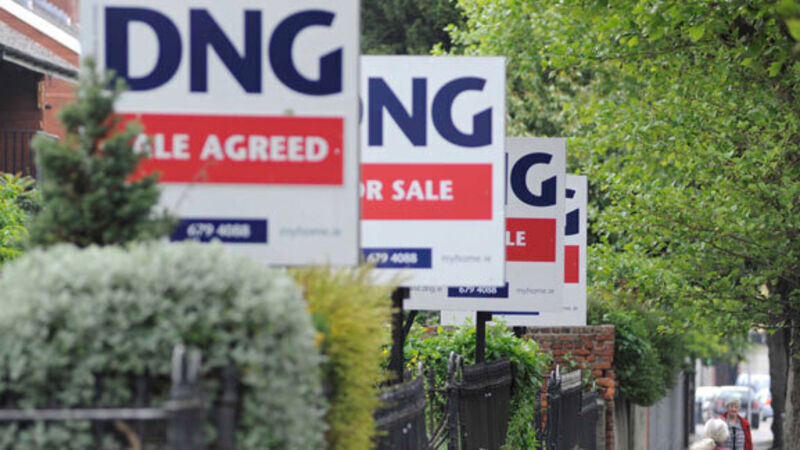Mortgage rules may push up house prices further

There was a mixed reaction to the Central Bank’s move to reduce deposit requirements and ease the lending cap, which will benefit first-time buyers locked out of the housing market.
First-time buyers will now only require a 10% deposit, regardless of the price. Previously, it was 10% on the first €220,000 and 20% on the balance.










